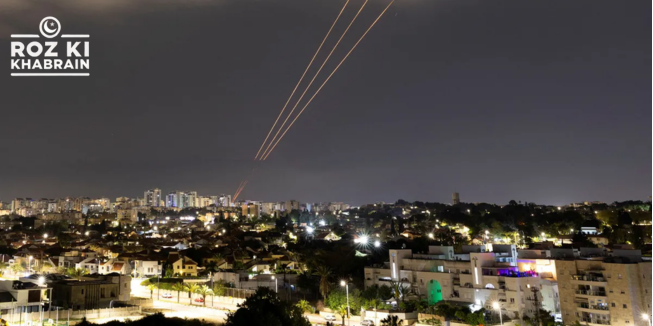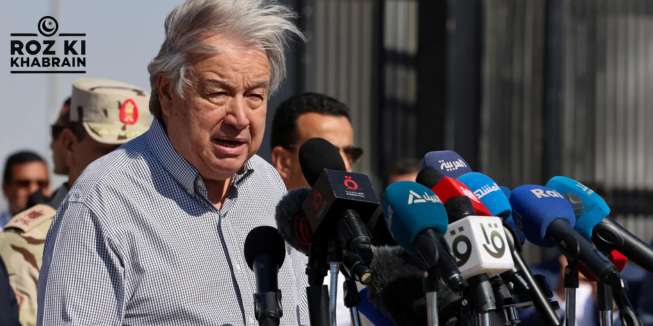On Tuesday evening, Iran launched multiple waves of ballistic missiles at Israel in a large-scale assault that Israeli authorities claim was largely intercepted. However, this attack has heightened the likelihood of a direct, full-scale conflict between two of the region’s most formidable military powers.
The offensive left the region tense, anticipating Israel’s response.
“Iran made a serious mistake tonight, and it will pay for it,” said Israeli Prime Minister Benjamin Netanyahu in a statement late Tuesday. “The Iranian regime underestimates our resolve to defend ourselves and retaliate.”
The Israeli military reported that Iran fired approximately 180 missiles, a barrage that forced millions of Israelis into bomb shelters. By midnight, restrictions on public gatherings in areas like Jerusalem and Tel Aviv were lifted, signaling that another immediate strike was unlikely.
Iran’s Revolutionary Guards Corps stated that the attack was in retaliation for recent assassinations, including the July bombing that killed Hamas’s political leader Ismail Haniyeh in Tehran and the Israeli airstrike last Friday that killed Hezbollah’s leader Hassan Nasrallah near Beirut.
Iranian military leader Mohammad Bagheri confirmed that the missiles targeted three Israeli military bases and Mossad’s headquarters, while Israeli air defenses intercepted most of the missiles. No Israeli casualties were reported, though a Palestinian man in the West Bank died from falling debris. Video footage showed one missile striking a school in Gedera, Israel.
Footage also verified Iranian missile strikes on the Nevatim Air Base in southern Israel, although Israeli officials stated that the attack had no impact on the air force’s operational capabilities. Soon after, Israel struck Hezbollah targets in Beirut following its ground invasion of southern Lebanon earlier that day, with Lebanese authorities reporting 55 fatalities and 156 injuries.
Key points to note:
- U.S. Involvement: President Biden reaffirmed the U.S.’s full support for Israel, with naval destroyers assisting in intercepting Iranian missiles. The Pentagon has also announced the deployment of additional troops to the region.
- Escalation History: This is Iran’s second direct attack on Israel this year, following an earlier assault in April.
- Tel Aviv Shooting: At least six people were killed when gunmen opened fire on a light rail train as Tel Aviv residents sought shelter from the missile attack.
- Lebanese Exodus: The U.S. State Department is arranging additional flights for American citizens looking to leave Lebanon as the conflict escalates.
- Gaza Conflict: Israel continues its military operations in Gaza, targeting Hamas command centers and reporting the deaths of 23 individuals between Monday and Tuesday. Over 41,000 Palestinians have died in the Gaza conflict, according to local health officials.
Additionally, Iran’s missile strikes resulted in debris landing in Jordan, causing minor injuries to three people, according to a Jordanian government spokesperson.
Israel’s military operations continue as the region braces for further developments.




